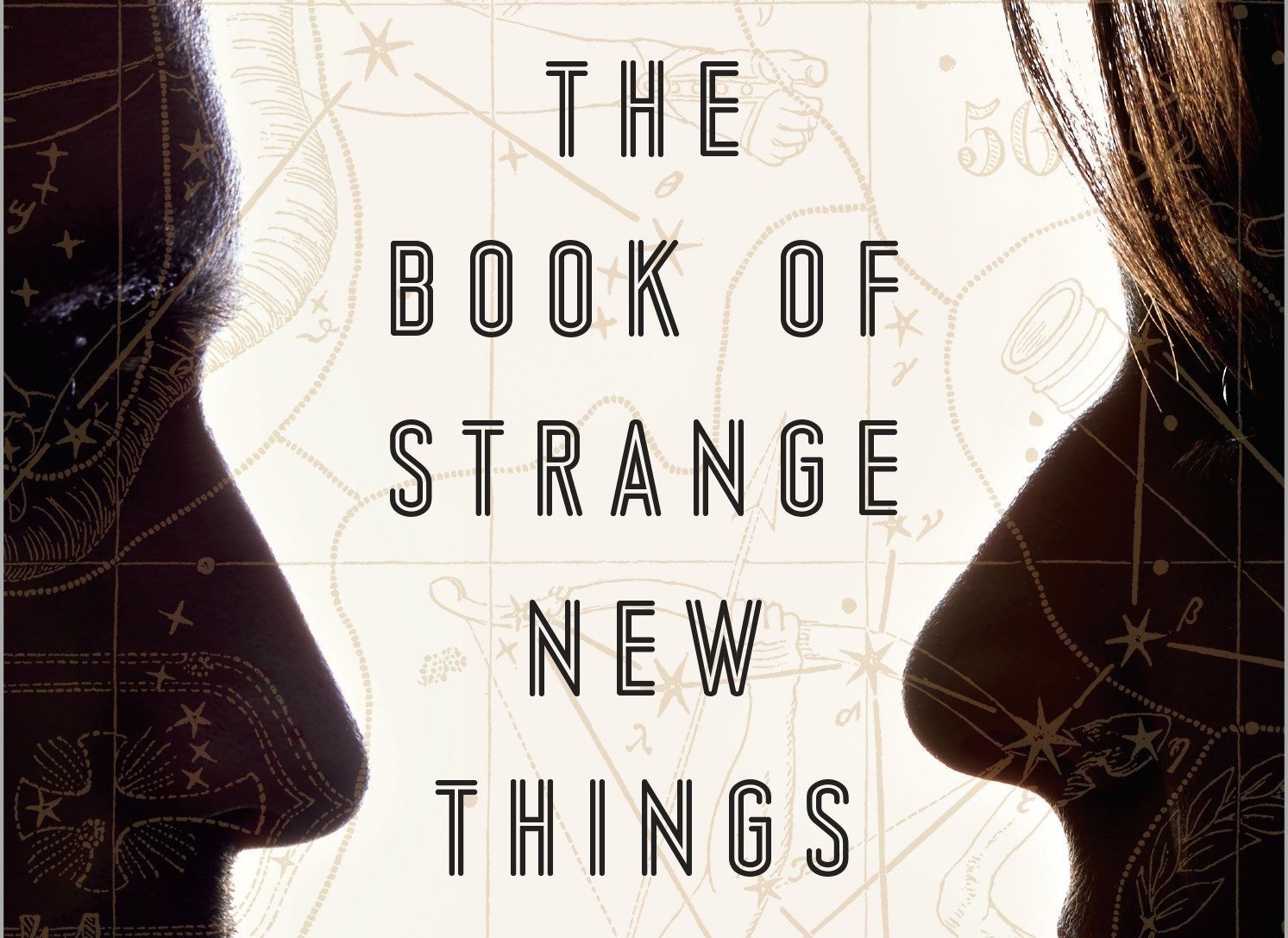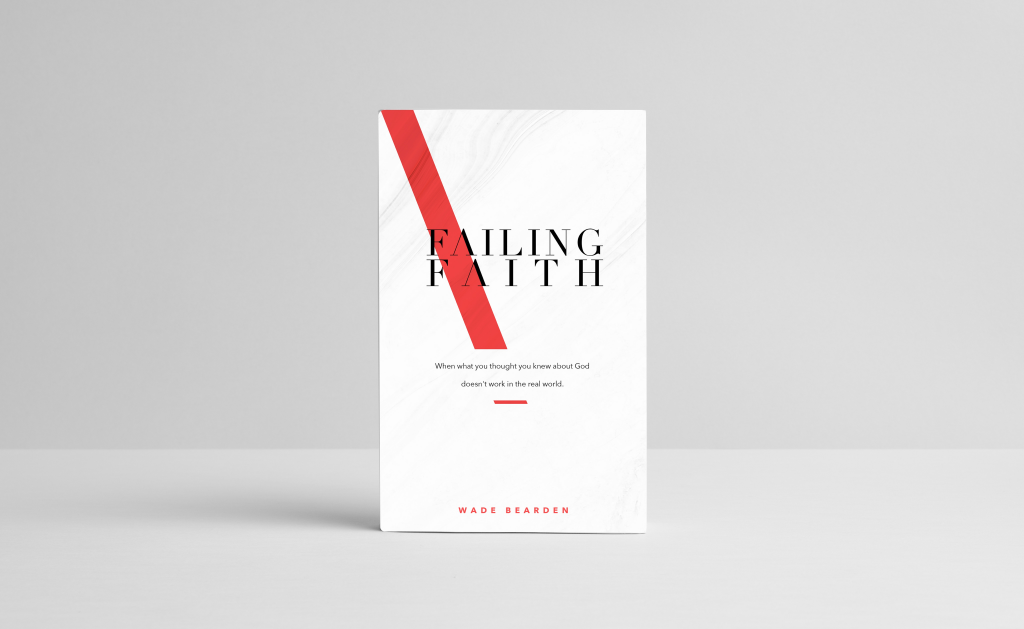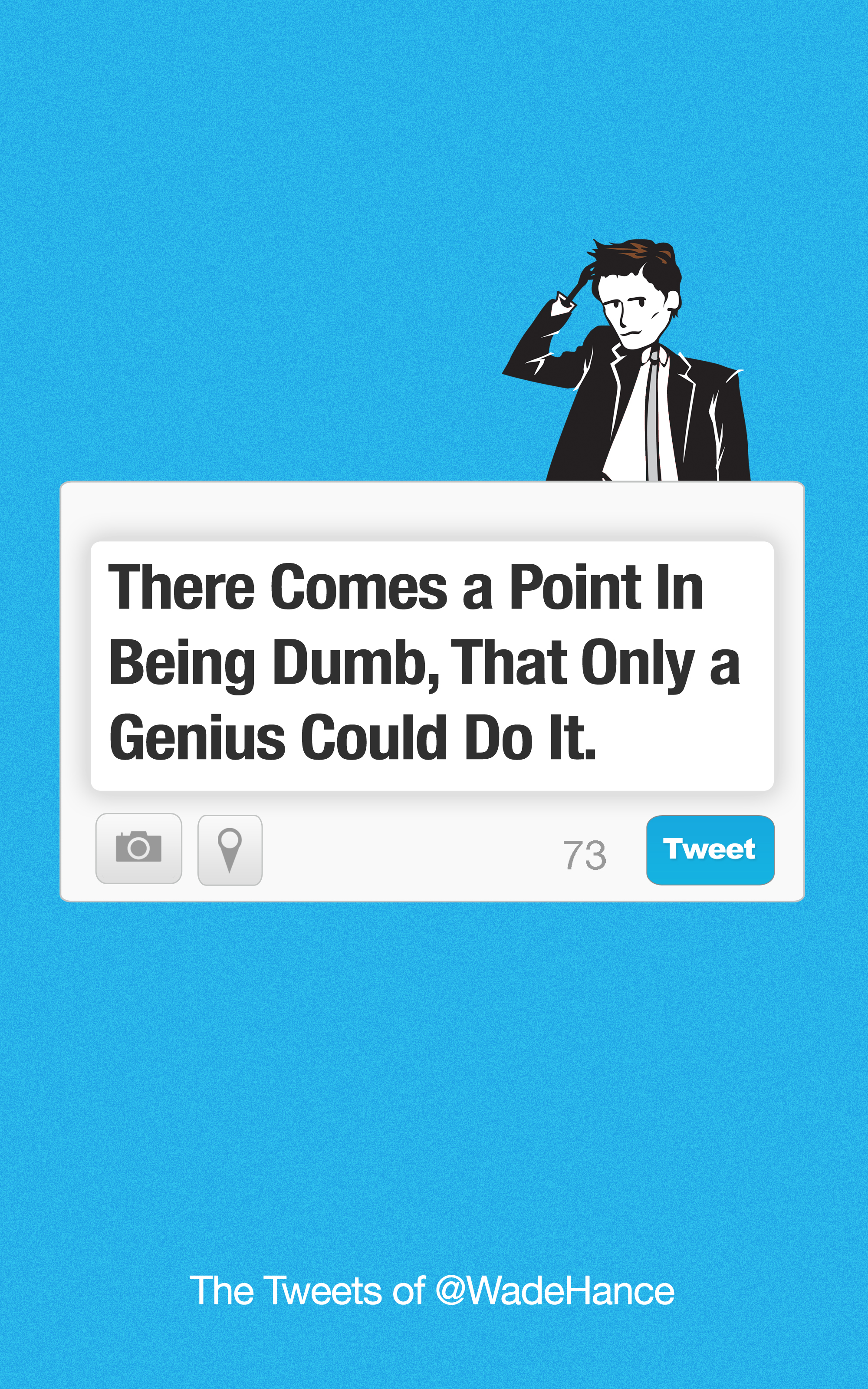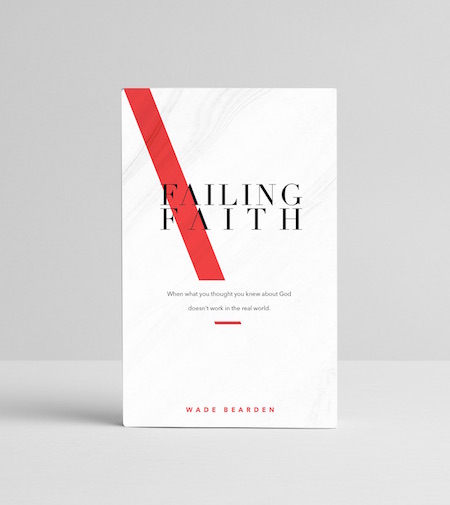
Photo by Adrien King on Unsplash
At work, our team is reading Daniel H. Pink’s book When: The Scientific Secrets of Perfect Timing. Pink believes timing is just as important as intelligence and personality. If we learn to master the science of timing, we will work smarter and live better. We’ll be better leaders and employees.
In the first chapter, Pink uses research to describe how our daily internal rhythms affect our mood, positivity, and decision-making skills. He shares one study about two sociologists from Cornell University (Michael Macy and Scott Golder) who used a computerized text-analysis program to study over 500 million tweets from millions of users around the world. Pink describes their findings:
Positive affect—language revealing that tweeters felt active, engaged, and hopeful—generally rose in the morning, plummeted in the afternoon, and climbed back up again in the early evening. Whether a tweeter was North American or Asian, Muslim or atheist, black or white or brown, didn’t matter. “The temporal affective patter is similarly shaped across disparate cultures and geographic locations,” they write. Nor did it matter whether people were tweeting on a Monday or a Thursday…Whether measured in a large, diverse country like the United States or a smaller, more homogenous country like the United Arab Emirates, the daily pattern remained weirdly similar (10).
A analysis of tweets is hardly conclusive, so Pink goes on to detail numerous studies that show how “all of us experience the day in three stages—a peak, a trough, and a rebound” (32). About 60-80 percent of people see their “analytic capacities peak in the late morning or around noon” (22). In the afternoon, we experience a dip in energy and alertness. Whereas, during “rebound” we excel at more creative or “insight work that requires less inhibition and resolve” (26). For the 20-40 percent of people who are Owls, this process is flipped—rebound (morning), a trough (afternoon), then a peak (evening and night).
Pink’s point? Know your rhythms. Plan your more difficult, analytical work for the morning.
In the afternoon, when you tend to feel less hopeful, energetic, and engaged, cram you schedule full of your easiest tasks (for me this is responding to emails). If you can help it, don’t schedule important work or business calls during a trough. Be a little more critical of what you say in conversations or what you decide to post online.
If you need a spark in creativity, the evening might help. That’s when I get my best ideas. If you’re an Owl, flip this schedule around. Creativity in the morning and analytical work at night.
We can’t always build our schedule around this peak, trough, and rebound cycle, but when we can it certainly helps.







